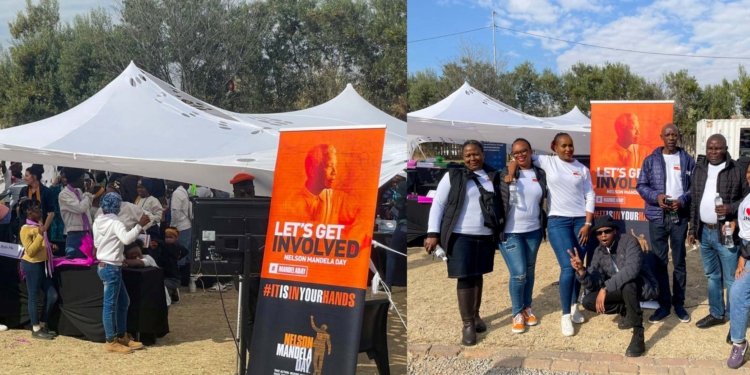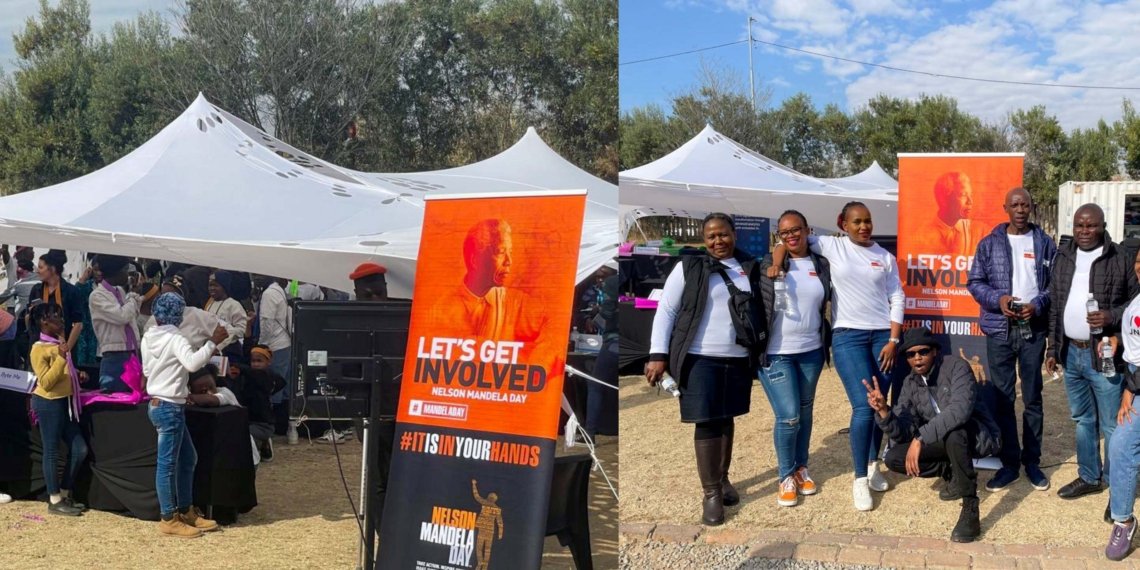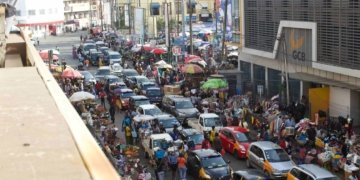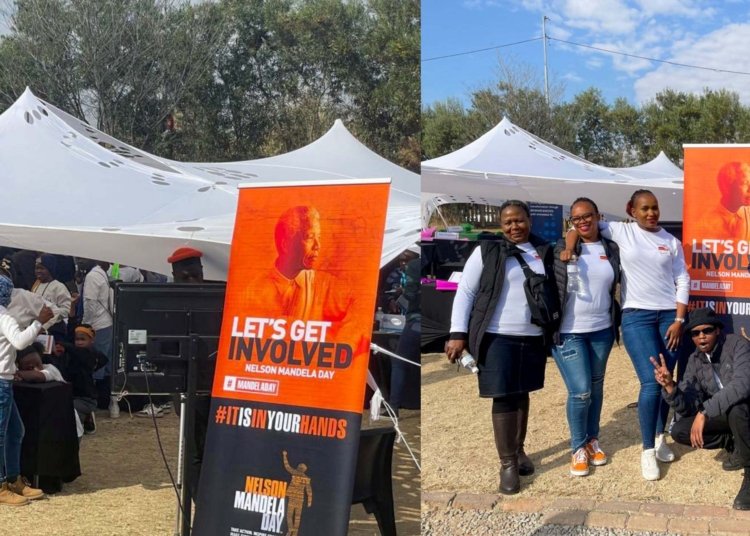Young people in Diepsloot, South Africa participated in a mobile coding workshop on Nelson Mandela International Day, learning programming skills through a smartphone-based game designed for communities with limited internet access.
The July 18 event at the Wot-if? Trust formed part of the #Coding4Mandela initiative, a partnership between the community organization and the Nelson Mandela Foundation.
Participants used RANGERS, a mobile coding application developed by Tangible Africa that teaches programming concepts without requiring high-speed internet connections.
The workshop reflected this year’s Mandela Day theme “It’s Still in Our Hands,” which encourages active community engagement rather than passive commemoration.
The United Nations designated Mandela’s birthday as an international day of service in 2009, asking people worldwide to dedicate 67 minutes to helping others in recognition of his 67 years of public service.
A mentor at the event said participants learned programming fundamentals including loops and variables while developing critical thinking skills.
The instructor emphasized that students were positioned as builders of change rather than passive recipients of aid.
Similar digital literacy initiatives have emerged across Africa, addressing uneven access to digital tools across the continent.
These grassroots initiatives aim to address uneven access to digital tools across the continent.
President Cyril Ramaphosa urged South Africans in his Mandela Day message to honor the former president by helping people and organizations in need.
“It’s in our hearts, our values, our attitudes, our decisions and our moral compass,” Ramaphosa said. “Let’s be here for one another.”
Nelson Mandela, born July 18, 1918, spent 27 years in prison for opposing apartheid before becoming South Africa’s first Black president in 1994.
His presidency focused on reconciliation and human rights. Mandela Day is observed globally but is not a public holiday in South Africa.
The RANGERS program requires only mobile phones rather than computers or reliable internet connections, making programming education accessible in areas with limited digital infrastructure.

























